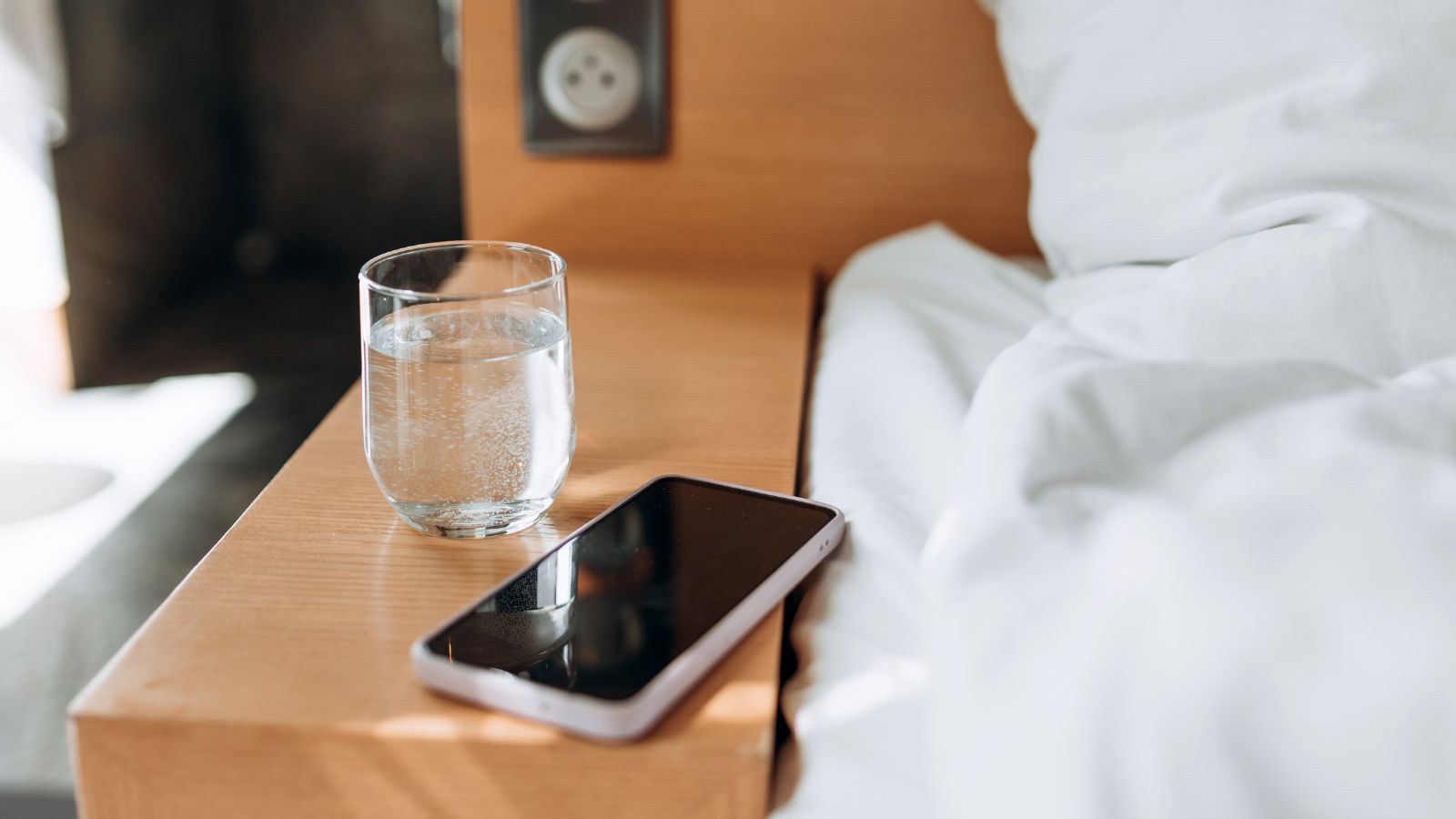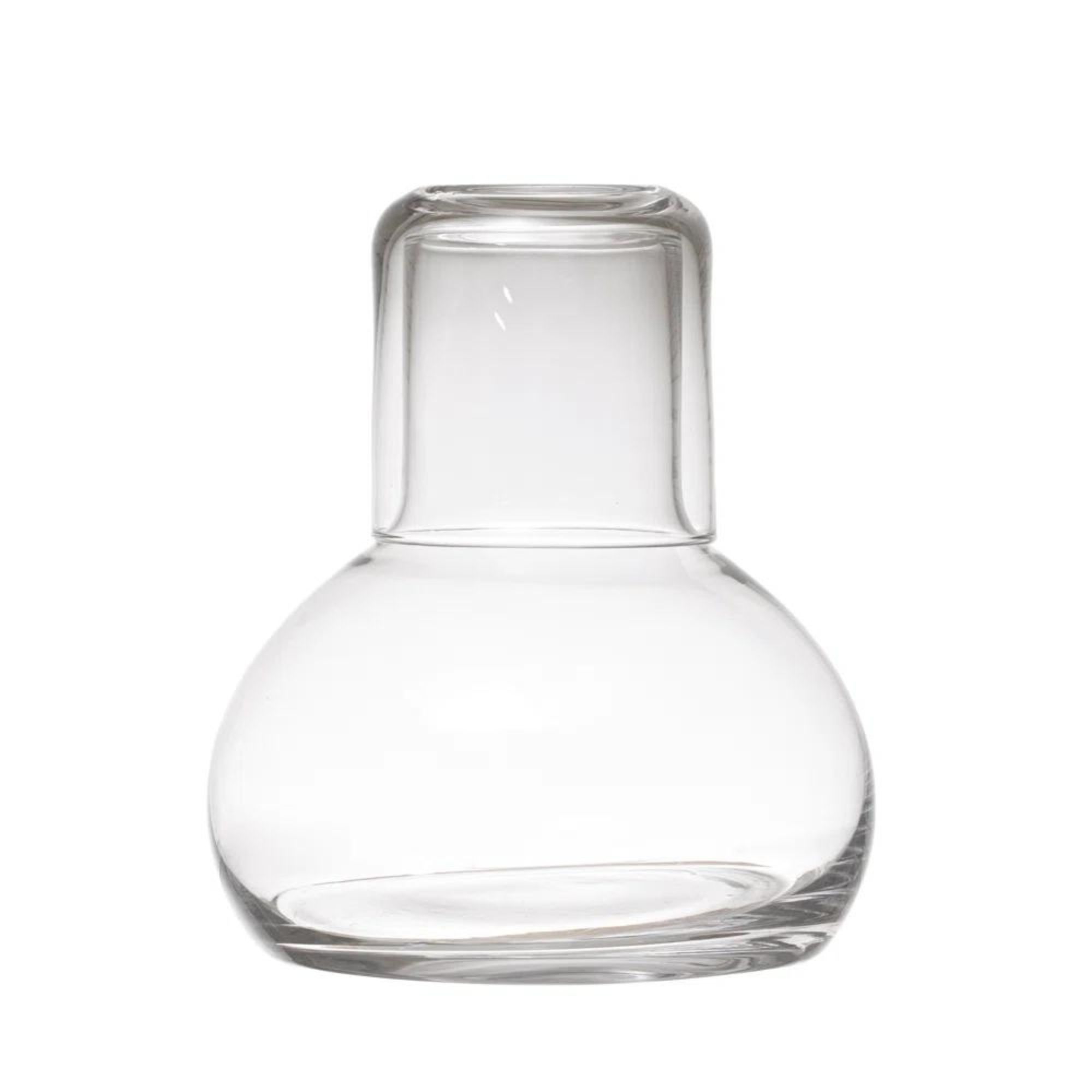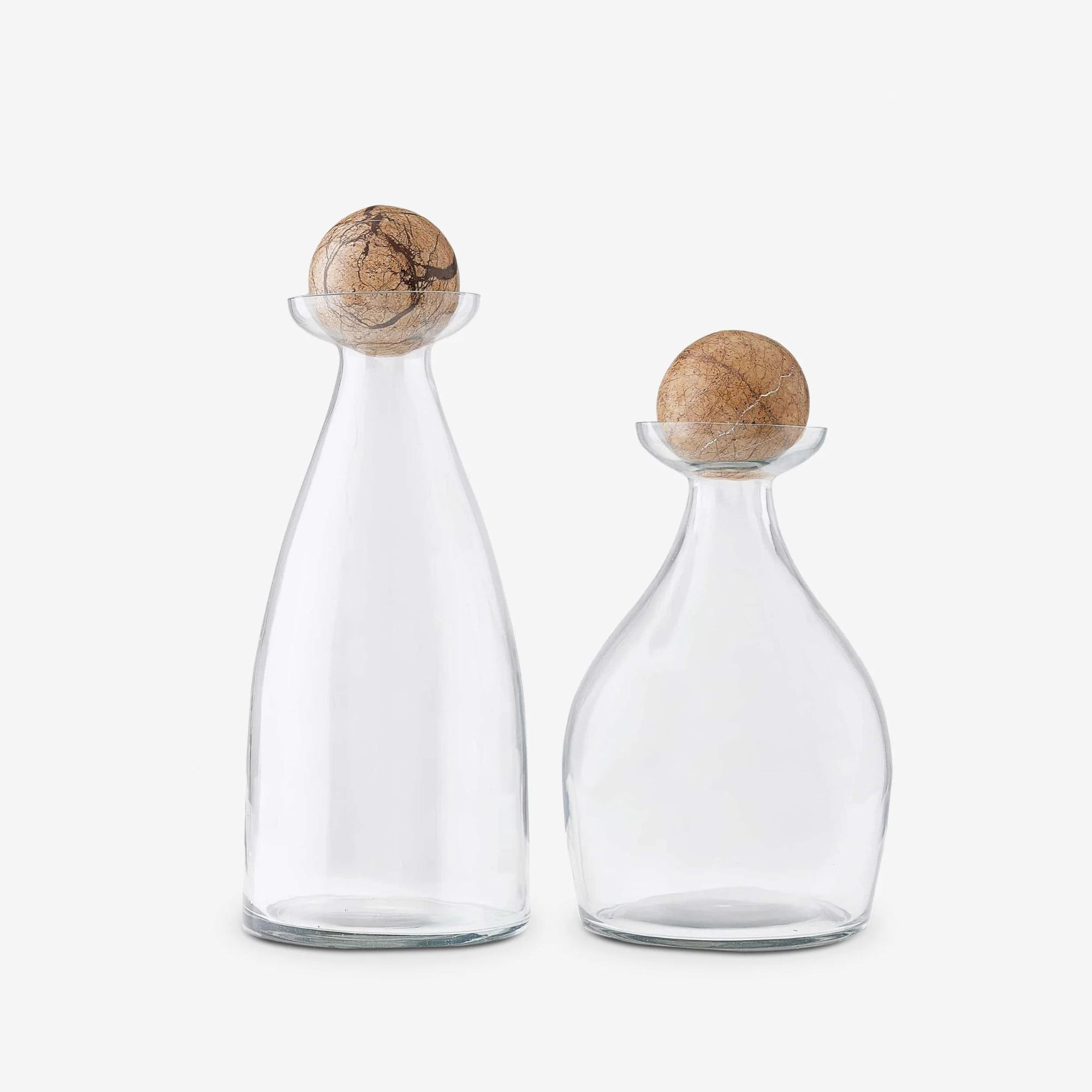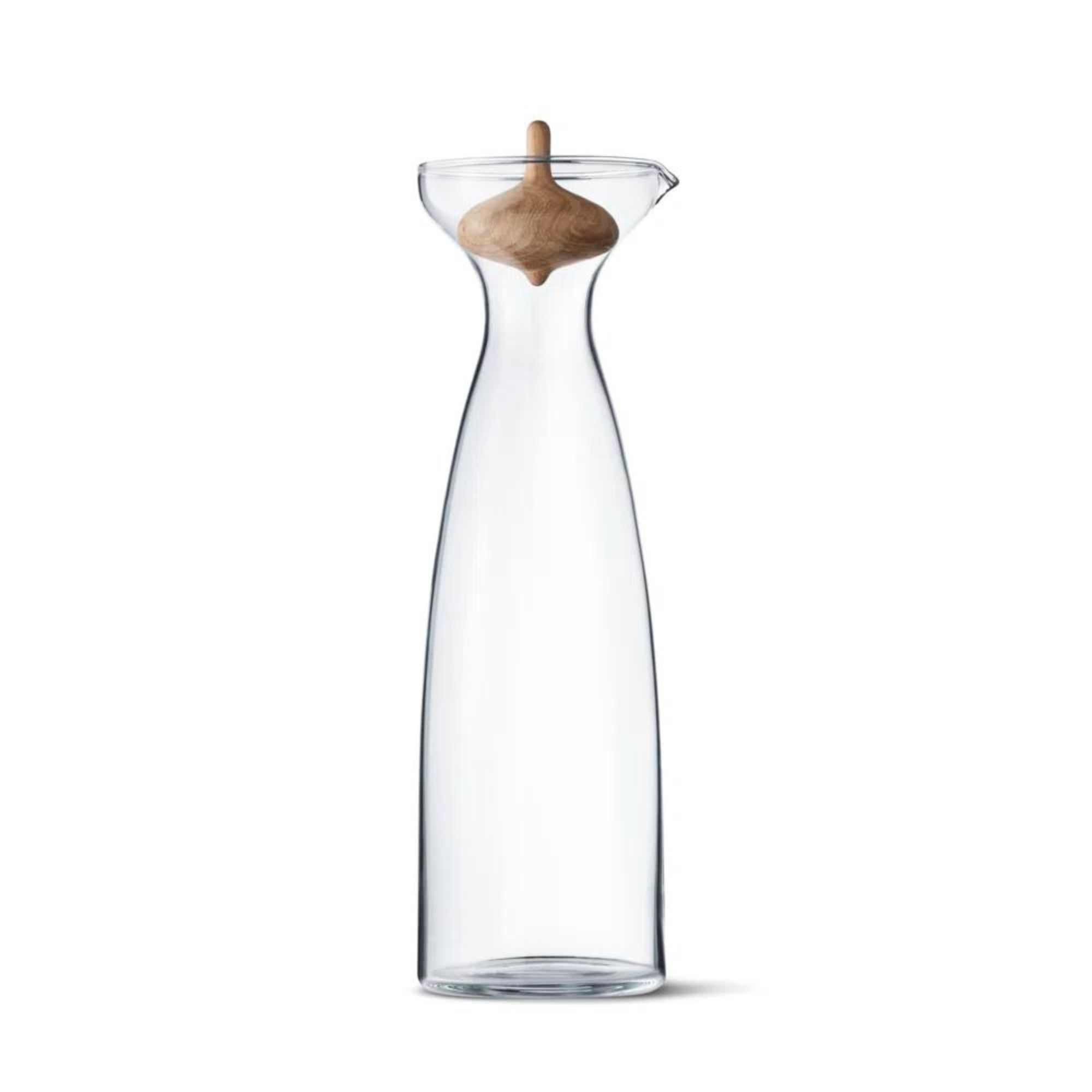Why you shouldn't leave a glass of water on your nightstand – and what to do instead
You should think twice before reaching for your glass in the morning


Design expertise in your inbox – from inspiring decorating ideas and beautiful celebrity homes to practical gardening advice and shopping round-ups.
You are now subscribed
Your newsletter sign-up was successful
Want to add more newsletters?

Twice a week
Homes&Gardens
The ultimate interior design resource from the world's leading experts - discover inspiring decorating ideas, color scheming know-how, garden inspiration and shopping expertise.

Once a week
In The Loop from Next In Design
Members of the Next in Design Circle will receive In the Loop, our weekly email filled with trade news, names to know and spotlight moments. Together we’re building a brighter design future.

Twice a week
Cucina
Whether you’re passionate about hosting exquisite dinners, experimenting with culinary trends, or perfecting your kitchen's design with timeless elegance and innovative functionality, this newsletter is here to inspire
Settling into bed with a glass of water by your side may seem like a harmless habit; especially when many of us are aware of the health benefits of staying hydrated throughout the night. But this simple act could have unexpected drawbacks...
Among the various things you shouldn't keep on your nightstand, that seemingly innocent glass of water ranks surprisingly high. It's not just about clutter or aesthetics; there are practical reasons why this nightly companion might not be as benign as you think.
From harboring germs to inviting unwanted critters, here are four reasons why you may want to rethink how you store your nightly drink.
1. It can impact the taste of your drink

Have you ever noticed how water left out overnight seems to taste a bit 'off?'. According to scientists, water exposed to air for over 12 hours will absorb carbon dioxide, which can subtly alter its pH balance. This slight increase in acidity can make your water taste different, perhaps even stale or 'flat', compared to the fresh taste you're used to. Plus, chlorine added for disinfection evaporates over night, further changing the water's flavor profile.
To avoid this stale taste, it's best to pour yourself a fresh glass of water when the morning rolls around.
2. It can collect debris
A glass of water is practically an open invitation to flying insects. Mosquitoes, gnats, and other pests can easily make their way into your room, drawn by the promise of water, and before you know it, your nightstand becomes a watering hole for these unwanted guests.
But it's not just insects you need to worry about. Dust and debris can also accumulate in your glass as it sits on your nightstand as you sleep, making your sip of morning water less than refreshing. So, to avoid swallowing these nasties, we recommend storing your water in a carafe with a lid or stopper:
Design expertise in your inbox – from inspiring decorating ideas and beautiful celebrity homes to practical gardening advice and shopping round-ups.
3. It may harbor germs
Each sip of water can transfer millions of bacteria from your mouth back into the glass, turning it into a breeding ground for germs when left to sit for several hours. While this isn't likely to pose any serious health risks, we don't recommend drinking water that has been sitting around for longer than 2 days.
4. It can pose a fire risk
If you're habitually charging your phone or laptop by your bedside each night, a spilled glass of water could spell trouble. While the risk of your gadgets short-circuiting is slim, it still isn't worth the risk of damaging these items if you happen to knock over your water during the night.
In some cases, spillages can even become a fire hazard. So exercise caution and opt for bottled water by your bedside or store your water away from your tech altogether.
While there are several reasons to rethink leaving a glass of water on your nightstand, don't overlook the importance of staying hydrated. Drinking a glass of water first thing in the morning is widely accepted as beneficial for your health. So, consider pouring yourself a fresh glass when your alarm goes off or simply keep your water covered throughout the night.

Gabriella is a freelance contributor for Homes & Gardens. She is a DIY enthusiast and a lover of all things interior design, often found antiquing or browsing the aisles of her local hardware store. She has a particular passion for historic buildings and is in the process of renovating a Victorian coachhouse in the countryside.
For much of the past decade, Gabriella has worked as a freelance writer, crafting copy for national publications and renowned homeware brands. Most recently, she worked for Homebuilding & Renovating Magazine and is the former Head of Solved at Homes & Gardens, focusing on case studies for the magazine and website, as well as writing features about issues surrounding historic and listed building projects.


